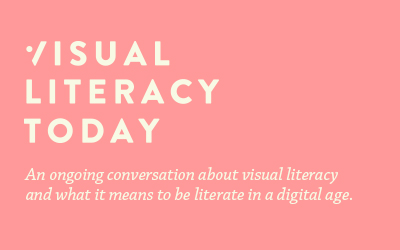Data Visualization Literacy: Definitions, Conceptual Frameworks, Exercises, and Assessments by Katy Börner, Andreas Bueckle, and Michael Ginda
In the information age, the ability to read and construct data visualizations becomes as important as the ability to read and write text. However, while standard definitions and theoretical frameworks to teach and assess textual, mathematical, and visual literacy exist, current data visualization literacy (DVL) definitions and frameworks are not comprehensive enough to guide the design of DVL teaching and assessment. This paper introduces a data visualization literacy framework (DVL-FW) that was specifically developed to define, teach, and assess DVL. The holistic DVL-FW promotes both the reading and construction of data visualizations, a pairing analogous to that of both reading and writing in textual literacy and understanding and applying in mathematical literacy. Specifically, the DVL-FW defines a hierarchical typology of core concepts and details the process steps that are required to extract insights from data. Advancing the state of the art, the DVL-FW interlinks theoretical and procedural knowledge and showcases how both can be combined to design curricula and assessment measures for DVL. Earlier versions of the DVL-FW have been used to teach DVL to more than 8,500 residential and online students, and results from this effort have helped revise and validate the DVL-FW presented here.
